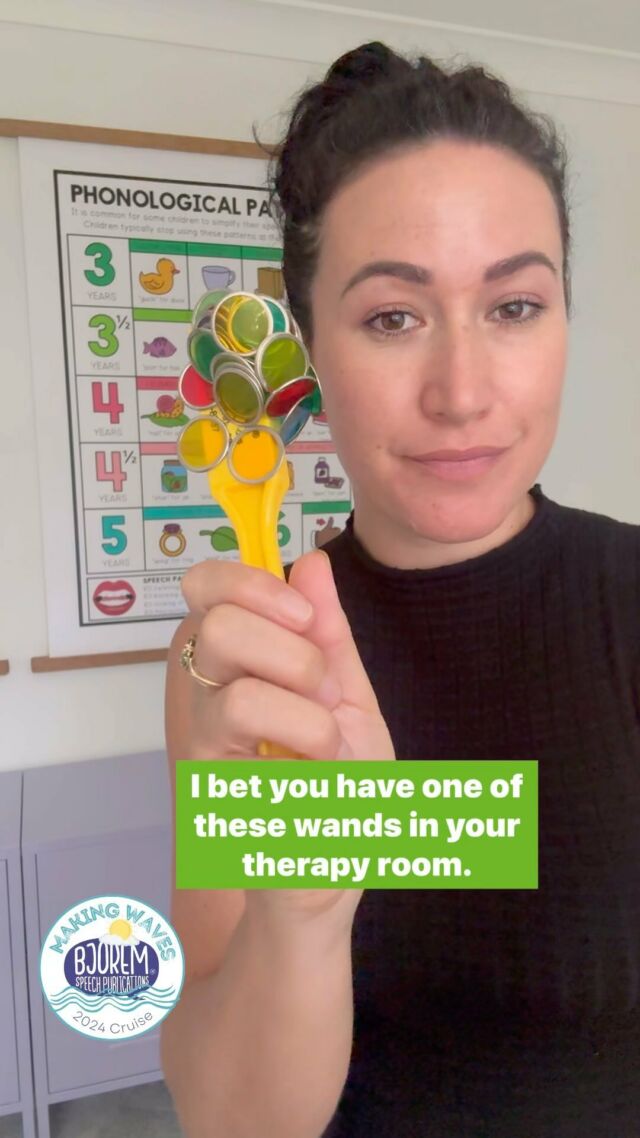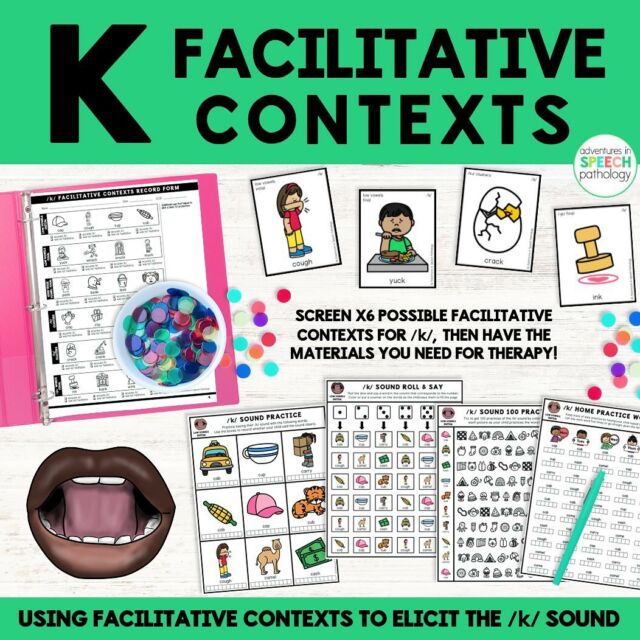I wish somebody had told me this first…
As an Australian SLP who moved to Samoa for a year as part of the government’s aid program, I thought island living would be a breeze. Yes the beaches, year-round warm weather and sipping on coconuts were perks of the job….. But this is what I wish somebody had told me first before I volunteered as an SLP
But this is what I wish somebody had told me first before I volunteered as an SLP
1. There are some cultural differences that take adjusting
Traveling to a country is different to living in a country. And when you really start to discover the culture, there may be a lot of things that do not match your cultural beliefs or practices such as gender, social and religious things. And when you are in the minority…. you just have to go with it or you may not last! The cultural aspect is likely to be the most frustrating part of volunteering as different cultures have different values and ways of doing things. I usually found myself saying “You’d think that…” when I didn’t agree with something, but what can you do?
2.You will become a jack of all trades
A lot of volunteer positions exist because the organisation need skilled professionals to train and support their workers. Even though you may think that you know relatively little about computers, hairdressing, administrative work etc. you might find that your limited experience is more than the people who work there. And you will be called upon! At first I found myself thinking ‘this is not my job’, but sometimes my limited experience was more than anybody elses… and you will leave skilled in ways you never thought!
3. You will miss (some) food
Food bonds a lot of people and cultures together. And when your ‘special’ foods are nowhere to be found, it is hard. Food is the one thing that everyone will dream about. My local supermarket had one aisle solely dedicated to different brands of corned beef and spam, and another to tinned mackerel. This did not leave a lot of room for things that I would have liked a whole aisle of. Like cheese. Or any dairy products for that matter! Believe it or not, food is more important than you think, especially if you have dietary needs. A lot of your ‘comfort’ food is not available and the range and variety may be more limited. You might have to drink long life milk. After 6 months, you get used to it! If you are a picky eater then I would recommend looking into the food that you are likely to encounter, especially if you are allergic.
4. You may not be able to achieve everything that you thought you would
Even though they tell you this, you still might think that you are the exception to the rule. But in reality, there are so many factors that can inhibit your effectiveness; lack of resources, cultural differences, language barriers and more. The best advice that I was given during my assignment when I thought that I wasn’t going to achieve enough, was ‘think small’.
5. You need to learn some of the language
Okay, so you do not have to become fluent, but the more you learn, the more you can communicate and thus the more effective you will be! Language was the biggest breakdown on my assignment. It prevented me from bonding with the locals and meant that I needed an interpreter with me when I had to communicate certain things. Learning another culture’s language is a great sign of respect and you will usually be welcomed with open arms if you try a words out. You will make errors but don’t be embarrassed… just learn to laugh at yourself!













Leave a Reply